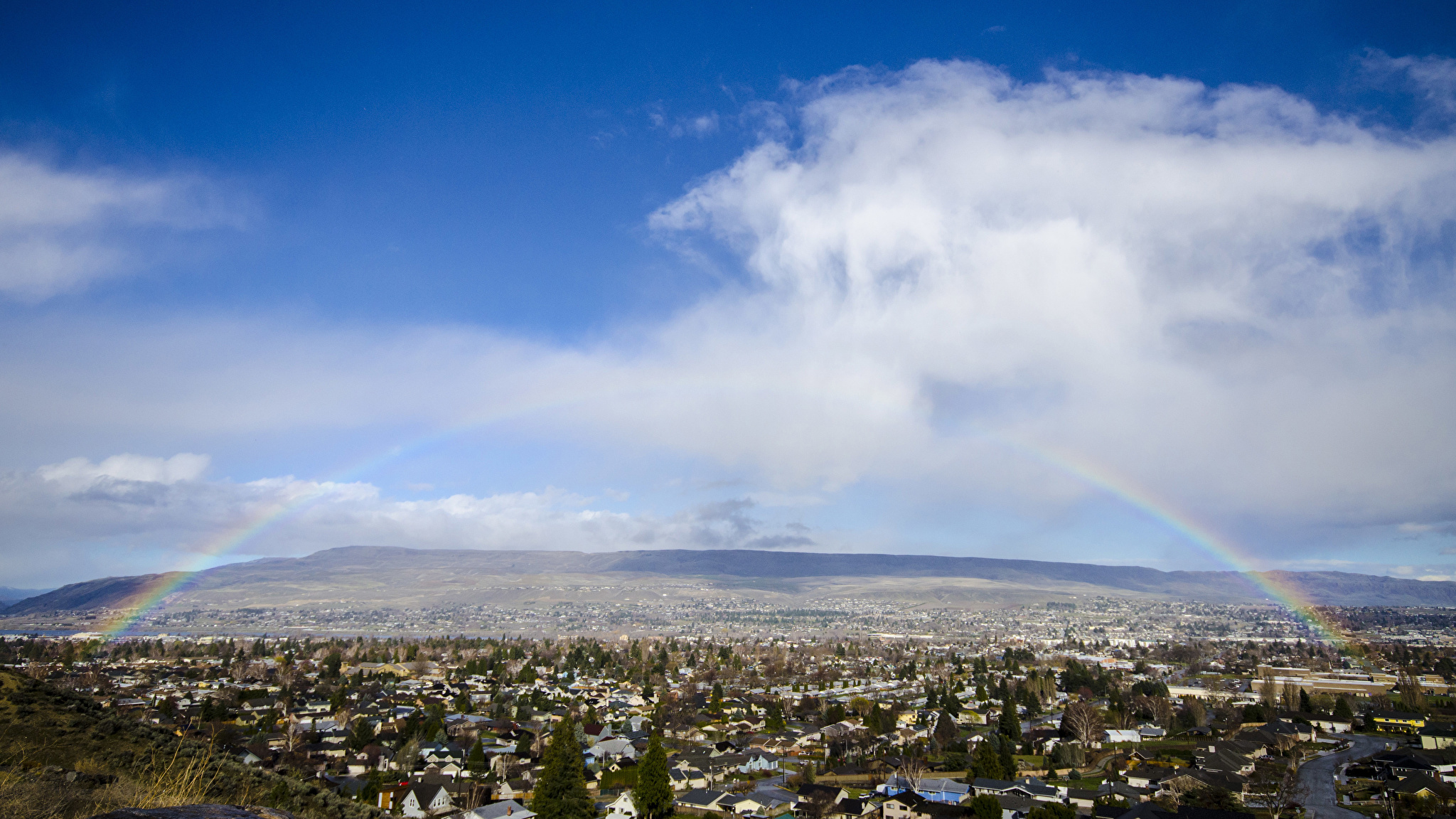
I was reading about Noah and rainbows the other day and saw the phrase perpetual generations. I wondered what it meant, so I went on a journey of discovery.
Rainbows mean something different today. I believe that the bible speaks truth and so I share what I learn from the scriptures.
The Covenant
A rainbow in the sky is the token of a covenant Jehovah makes with the Israelites. He has just flooded the earth and all that remains is Noah and his family: Four couples and the animals, each male and female.
Jehovah covenants that “neither shall all flesh be cut off … neither shall there any more be a flood to destroy the earth” (Genesis 8:11). He continues, “I do set my bow in the cloud, and it shall be for a token of a covenant between me and the earth” (Genesis 8:13).
So, the rainbow assures parents they can have and raise children on the earth. And the cloud covering is “the glory of the Lord” (Exodus 40:34) like what rests over the tabernacle when the Israelites wander in the wilderness with Moses, letting parents know God is with them.
And to Noah, Jehovah explains that this covenant is “for perpetual generations” (Genesis 9:12). This all hales back to the Plan of Salvation. Heavenly Father wants all of us to come down to the earth, to receive a body and experience life choices. Our salvation is Jesus Christ’s atoning sacrifice assuring those who know Him can return with Him to our eternal home.
Isn’t it interesting that Jehovah seems to take the blame for having to destroy the wicked people? It was the people who chose such vile wickedness that Jehovah literally had to start fresh with a new family; the family of a prophet who knows the importance of righteousness.
Our Part In the Covenant
So, my journey begins in the Topical Guide where I learn that the word perpetual is used four times in the Old Testament. This is where things get interesting.
After Genesis, I am taken to Exodus 31, where the Israelites learn about the Sabbath Day. This appears to be our part of the covenant of perpetual generations.
“Wherefore the children of Israel shall keep the sabbath, to observe the sabbath throughout their generations, for a perpetual covenant. It is a sign between me and the children of Israel forever” (Exodus 31:16-17).
As we all know, a covenant is a two-way promise. Jehovah promised to never flood the earth again and we now covenant to observe the Sabbath. Keeping the Sabbath Day is our sign to Jehovah that we will worship Him and teach our children to do the same. We can even understand further the importance of the Sacrament, which reminds us of Jesus Christ’s Atonement for us, where we covenant “to take upon [us] the name of thy Son, and always remember him and keep His commandments … that [we] may always have his Spirit to be with [us]” (D&C 20:77).
And isn’t that typical? Even though this is our covenant to Jesus Christ, He still manages to give us more in the bargain by always giving us His Spirit.
Continuing on my little journey, I move onto the third reference. One thing we need to understand about the Israelites is that land was always very important to them because they never really had any. They are the wanderers and the slaves taken to far away lands. When Jehovah blesses them with the Promised Land–their inheritance–this is a big deal. Once they are given land, it is important to keep the land. The land is figuratively their inheritance in the kingdom of God. So, Leviticus reminds us that the fields were never to be sold; “for it is their perpetual possession” (Leviticus 25:34).
The only way they can keep their land is to have children. And through the generations, the land will stay in the family.
What I Learned
Finally, we got to the fourth reference of the phrase perpetual covenant in Jeremiah.
Jeremiah records how Babylon is destroyed, and both Israel and Judah are set free to once again be gathered by the Lord.
- Babylon=The World
- Israel and Judah=divided kingdoms of the House of Israel, or you could say people of the Book of Mormon and the people of the Old Testament. (See Ezek. 37:16 and 2 Ne. 3:12)
- Gathered=The gathering of Israel
What does perpetual covenant have to do with that? Jeremiah tells us:
Both Israel and Judah will accept the gospel of Jesus Christ and say, “Come, and let us join ourselves to the Lord in a perpetual covenant that shall not be forgotten” (Jeremiah 50:5).
From the time of Noah, when this covenant was first formed, to the last days when Jesus Christ will gather His people, rainbows have been a symbol of Jesus Christ watching over His people, who in turn remember Him, perpetuating the generations by having children, and teaching them about their Savior so they can inherit the kingdom of God.
Think about the contrast between this covenant and what rainbows symbolize today.
Love your insights! Especially from Jeremiah, as that’s the lesson I will be teaching on Sunday. These are some of the “hidden treasures” promised us in D&C 89. We have to search them out, but they are worth the work, and true gems!